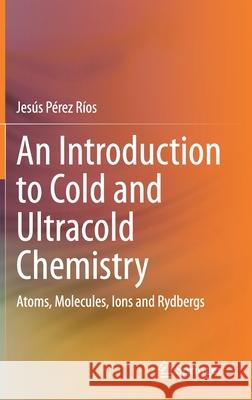An Introduction to Cold and Ultracold Chemistry: Atoms, Molecules, Ions and Rydbergs » książka
topmenu
An Introduction to Cold and Ultracold Chemistry: Atoms, Molecules, Ions and Rydbergs
ISBN-13: 9783030559359 / Angielski / Twarda / 2020 / 267 str.
An Introduction to Cold and Ultracold Chemistry: Atoms, Molecules, Ions and Rydbergs
ISBN-13: 9783030559359 / Angielski / Twarda / 2020 / 267 str.
cena 402,53
(netto: 383,36 VAT: 5%)
Najniższa cena z 30 dni: 385,52
(netto: 383,36 VAT: 5%)
Najniższa cena z 30 dni: 385,52
Termin realizacji zamówienia:
ok. 16-18 dni roboczych.
ok. 16-18 dni roboczych.
Darmowa dostawa!
Kategorie BISAC:
Wydawca:
Springer
Język:
Angielski
ISBN-13:
9783030559359
Rok wydania:
2020
Wydanie:
2020
Ilość stron:
267
Waga:
0.58 kg
Wymiary:
23.39 x 15.6 x 1.75
Oprawa:
Twarda
Wolumenów:
01
Dodatkowe informacje:
Wydanie ilustrowane











